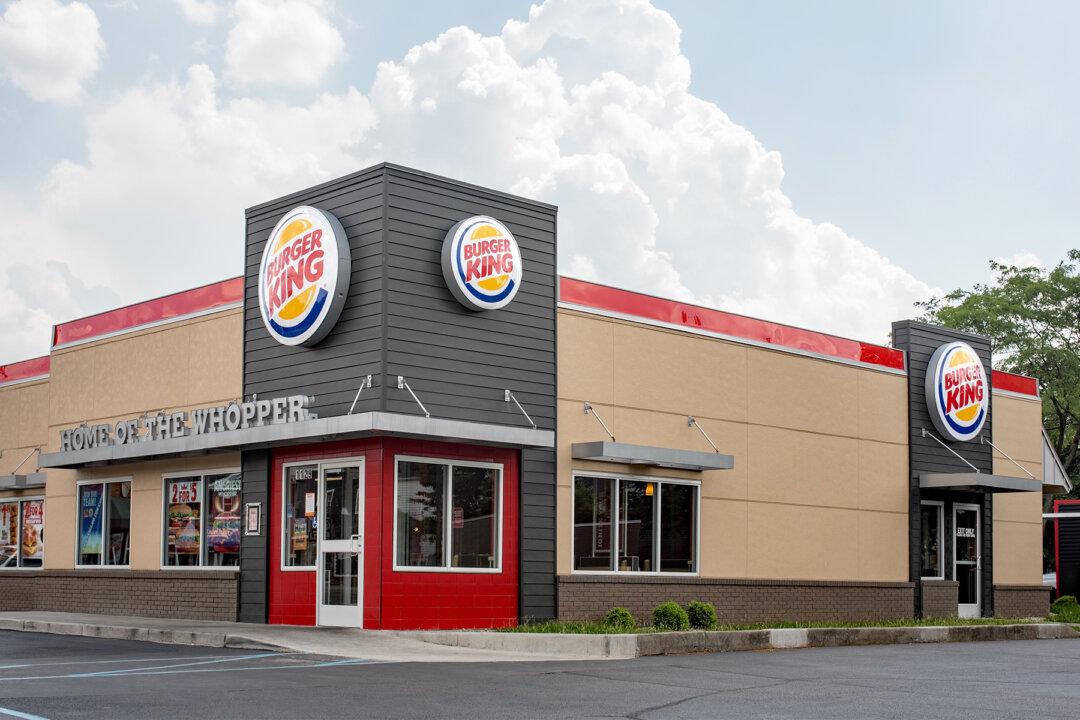A Florida court denied Burger King its bid to dismiss class-action lawsuit accusing the fast-food chain change of misrepresenting the size of its trademark “Whopper” hamburger.
U.S. District Judge Roy Altman of Miami ruled on Aug. 23 that parts of the proposed lawsuit against Burger King could proceed.In Coleman et al. v Burger King Corp., U.S. District Court, Southern District of Florida, No. 22-20925, the plaintiffs accuse the burger chain of exaggerating the size of the hamburger, according to court documents.





